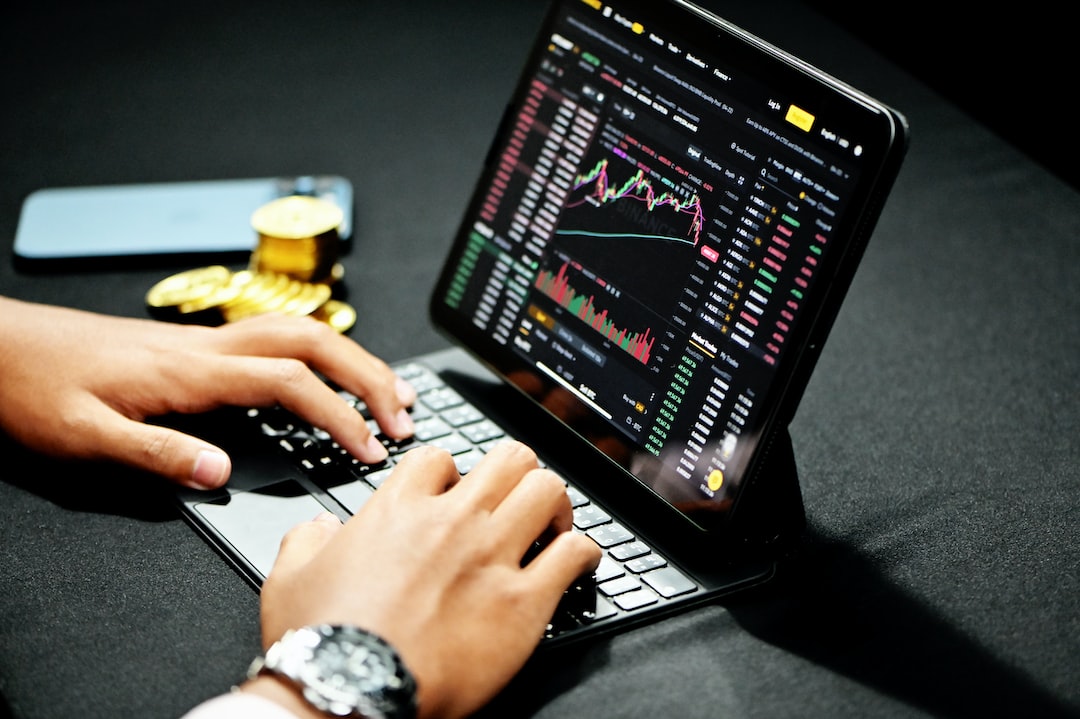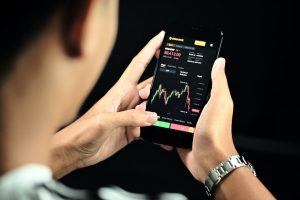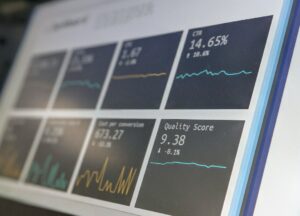The foreign exchange market, commonly known as the forex market, is the largest and most liquid financial market in the world. It has a daily trading volume of over $6 trillion, making it a lucrative market for many financial institutions, including banks. Banks have been involved in forex trading for decades, and their participation in the market has its own set of pros and cons.
In this article, we will explore the advantages and disadvantages of banks trading forex, providing you with a comprehensive understanding of what you need to know about this aspect of the market.
Pros:
1. Liquidity: Banks are major players in the forex market, and their involvement ensures high liquidity. They have large trading volumes, enabling them to execute large transactions without significantly impacting currency prices. This liquidity allows traders to enter and exit positions quickly and at competitive prices.
2. Access to information: Banks have access to vast amounts of market data, economic indicators, and research reports. Their extensive resources allow them to gather and analyze information more efficiently than individual traders. This knowledge can give them an edge in making informed trading decisions.
3. Market stability: Banks, especially central banks, play a crucial role in maintaining stability in the forex market. Through their interventions, such as adjusting interest rates or implementing monetary policies, they can influence currency values and prevent excessive volatility. This stability can be beneficial for traders, as it reduces the risk of sudden price movements.
4. Efficient execution: Banks have sophisticated trading platforms and advanced technology infrastructure, allowing them to execute trades quickly and efficiently. Their systems enable them to access multiple liquidity providers, ensuring competitive pricing and minimal slippage. This efficiency can be advantageous for traders who rely on fast execution to capitalize on short-term market movements.
Cons:
1. Conflict of interest: Banks act as both market participants and intermediaries for their clients. This dual role can create a conflict of interest, as banks may prioritize their own trading positions over their clients’ interests. This conflict can lead to potential unfair practices, such as front-running or manipulating prices, which can negatively impact retail traders.
2. Lack of transparency: The forex market is decentralized, meaning trades are conducted over-the-counter (OTC) rather than on a centralized exchange. As a result, the market lacks transparency, and price quotes can vary between different liquidity providers. Banks may take advantage of this lack of transparency by offering less favorable rates to their clients, especially retail traders who have limited negotiation power.
3. Higher costs: Trading forex through banks can be more expensive compared to other market participants, such as online brokers. Banks often charge higher spreads and commission fees, which can eat into traders’ profits. Additionally, banks may require larger minimum deposit amounts or impose stricter margin requirements, limiting access to the market for retail traders with limited capital.
4. Limited accessibility: Banks typically cater to institutional clients and high-net-worth individuals, making their forex trading services less accessible to retail traders. Retail traders often rely on online brokers to access the forex market, as these brokers offer lower entry barriers, smaller position sizes, and user-friendly trading platforms. Banks may not provide the same level of accessibility and convenience for retail traders.
In conclusion, while banks trading forex offers advantages such as liquidity, access to information, market stability, and efficient execution, there are also disadvantages to consider. These include potential conflicts of interest, lack of transparency, higher costs, and limited accessibility for retail traders. It is important for traders to weigh these pros and cons and consider their individual trading needs before deciding whether to trade forex through banks or explore alternative options.






